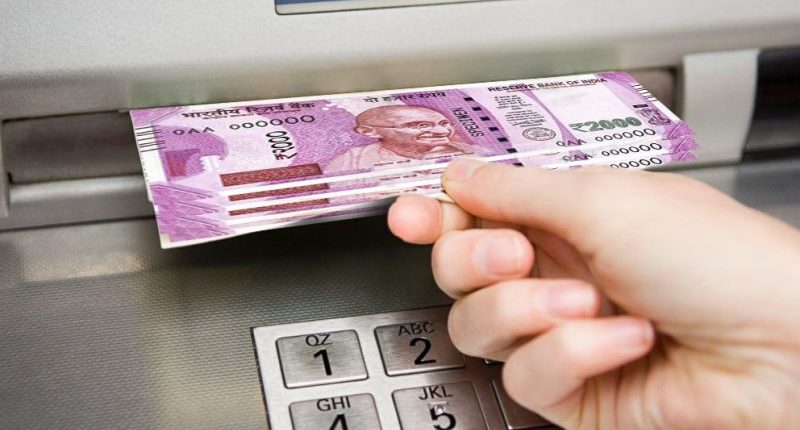Take a look at this shocking statistic. An estimated 12.2 crore Indians lost jobs in April, during the coronavirus lockdown. The COVID-19 pandemic has resulted in layoffs and salary cuts. How can you survive a financial emergency with no money? An emergency fund makes all the difference in a financial crisis. It’s the insurance against life’s unexpected expenses.
An emergency fund offers a ready source of money in difficult times. You can build a savings buffer and avoid credit card debt. Save around three to six months of household expenses in the emergency fund. The size of your fund depends on the work profile, existing loans and the number of dependents. A less stable job demands a higher buffer. If you have ample health insurance, you may consider a smaller fund.
What if your family member suffers a medical emergency? You would have to avail a personal loan paying a higher interest. The emergency fund prevents you from adding debt in such situations. You may want to repair your house or a car and need cash. A robust fund is a cushion for emergencies.
If you are the primary breadwinner, you must budget for an emergency. Temporary disability due to an accident can be a massive setback. You can use the emergency fund as a safety net, for children’s education, rent and EMIs. Otherwise, you will have to borrow from friends, pledge gold ornaments or liquidate investments. It jeopardises your long-term financial goals.
Also Read: Why You Must Buy a Term Insurance Plan? How Is It Beneficial?
You need to access the emergency fund at any time. Hold the funds for your emergency needs in liquid assets. Invest a part of the money in a savings account or a sweep-in fixed deposit. The remaining amount can be kept in liquid funds.
The sweep-in facility allows your bank to transfer excess money from the savings account to the fixed deposit. You receive a higher interest rate. Liquid mutual funds earn a decent return, without compromising on liquidity.
You must build the emergency fund through a step-by-step approach. Decide on the amount and stagger the goal across smaller monthly deposits. Have a separate account for the emergency fund, which trims unnecessary spending. You must use a bonus or a windfall to top-up the emergency fund.
The emergency corpus is for a tough situation. It’s unwise to invest the money in an equity fund. It is a risky investment with chances of capital erosion in the short-term. Avoid investing in the PPF or National Savings Certificate, as withdrawal cannot be made immediately. Avail health insurance and a personal accident insurance policy, to keep the emergency fund intact during medical emergencies.
An emergency fund ensures you remain prepared for sudden expenses. It is vital if you lose your job or face an expensive hospitalisation. Having something in reserve prevents you from falling into the debt trap. You enjoy peace of mind as you focus on achieving financial goals.
For any clarifications/feedback on the topic, please contact the writer at cleyon.dsouza@cleartax.in

I write to make complicated financial topics, simple. Writing is my passion and I believe if you find the right words, it’s simple.





